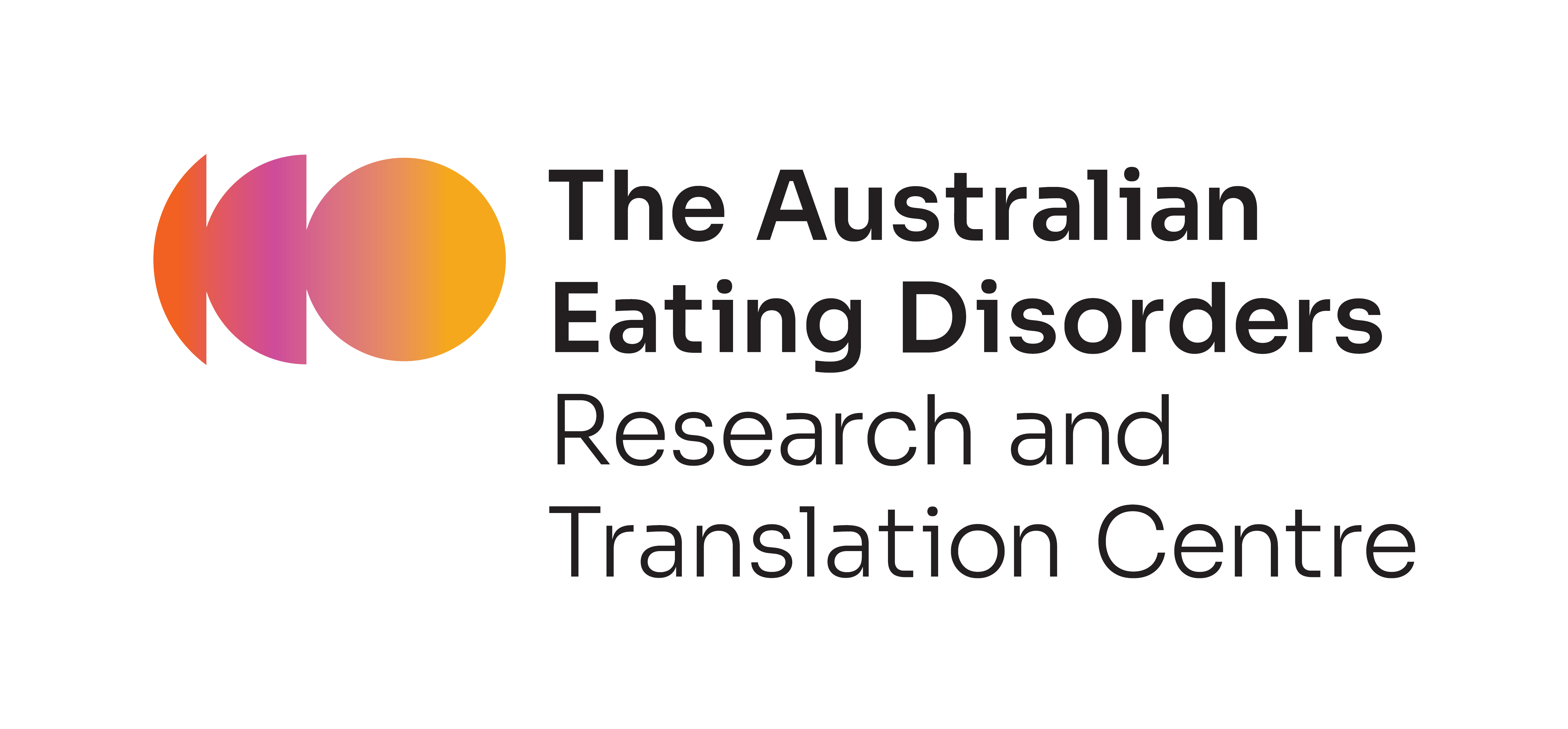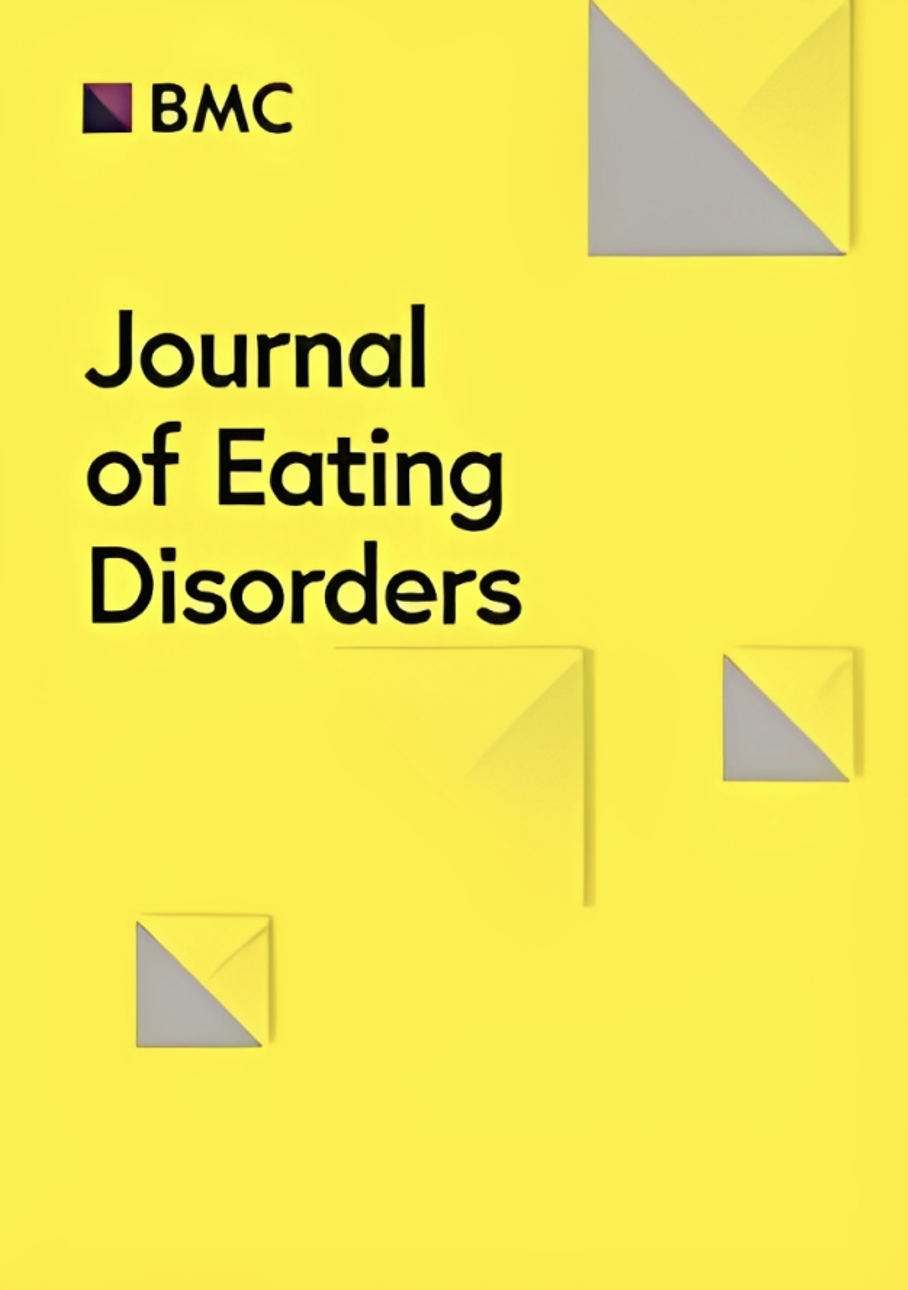Background
Eating disorders (EDs) are potentially severe, complex, and life-threatening illnesses. The mortality rate of EDs is significantly elevated compared to other psychiatric conditions, primarily due to medical complications and suicide. The current rapid review aimed to summarise the literature and identify gaps in knowledge relating to any psychiatric and medical comorbidities of eating disorders.
Methods
ScienceDirect, PubMed and Ovid/Medline were searched for studies published between 2009 and mid 2021 in English. High-level evidence such as meta-analyses, large population studies and Randomised Control Trials were prioritised through purposive sampling. Data from selected studies relating to psychiatric and medical comorbidities of eating disorders were synthesised in narrative format and are disseminated in the current review. For more information on the Rapid Review methods, see https://jeatdisord.biomedcentral.com/articles/10.1186/s40337-022-00556-3
Results
A total of 202 studies were included, with 58% pertaining to psychiatric comorbidities and 42% to medical comorbidities. For EDs in general, the most prevalent psychiatric comorbidities were anxiety (up to 62% of people with EDs), mood (up to 54%) and substance use and post-traumatic stress disorders (similar comorbidity rates up to 27%). The review also noted associations between specific EDs and non-suicidal self-injury, personality disorders, and neurodevelopmental disorders. EDs were complicated by medical comorbidities across the neuroendocrine, skeletal, nutritional, gastrointestinal, dental, and reproductive systems. Medical comorbidities can exist pre-ED, occur alongside of or emerge as a complication of the ED.
Conclusions
This review provides a thorough overview of the comorbid psychiatric and medical conditions co-occurring with EDs. High psychiatric and medical comorbidity rates were observed in people with EDs, with comorbidities contributing to increased ED symptom severity, maintenance of some ED behaviours, and poorer functioning as well as treatment outcomes. Early identification and management of psychiatric and medical comorbidities in people with an ED may improve response to treatment and overall outcomes.

